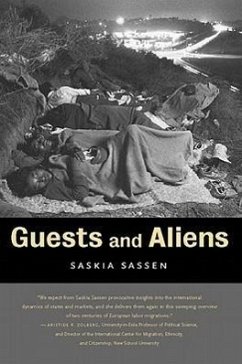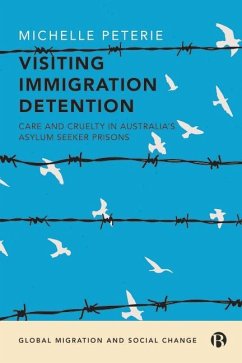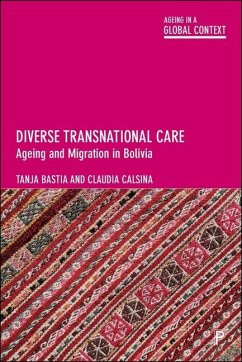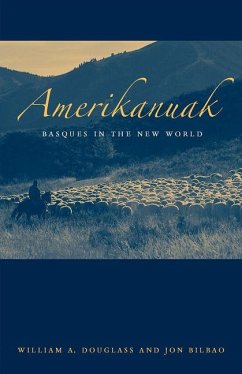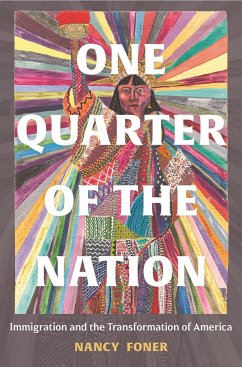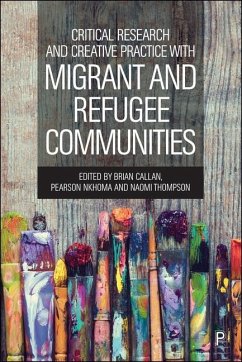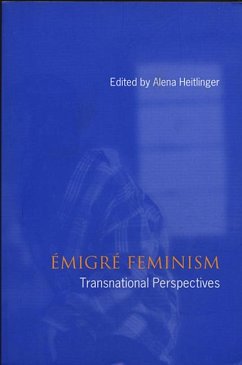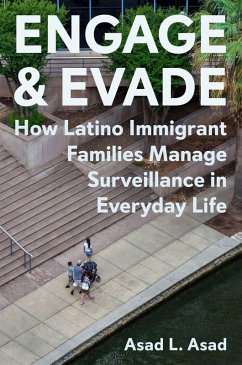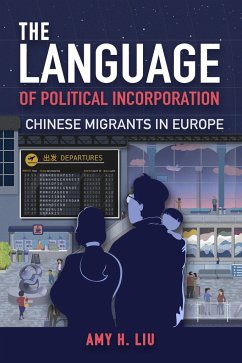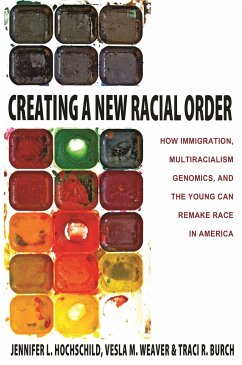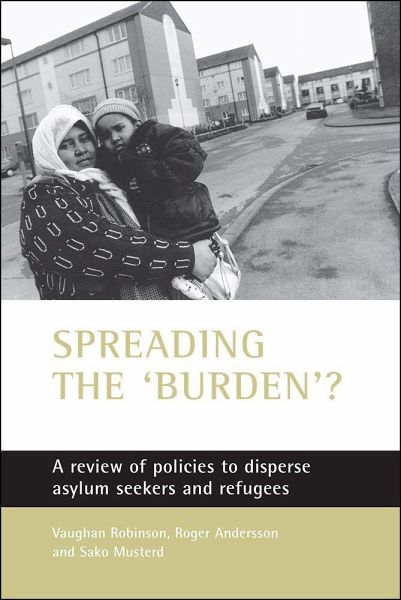
Spreading the 'Burden'?
A Review of Policies to Disperse Asylum Seekers and Refugees
Versandkostenfrei!
Versandfertig in über 4 Wochen
45,99 €
inkl. MwSt.

PAYBACK Punkte
23 °P sammeln!
Politicians, the media and the public have perceived the concentration of asylum seekers and refugees in particular towns and cities, either near their port of entry or near communities of people from their own country, as a "problem," and have demanded that the "burden" be spread more evenly. As a result, European governments are now engaging in one of the largest exercises in social engineering that the continent has seen since the Second World War. Hundreds of thousands of asylum seekers and refugees in Europe are now being denied their basic right to choose where they live and are instead ...
Politicians, the media and the public have perceived the concentration of asylum seekers and refugees in particular towns and cities, either near their port of entry or near communities of people from their own country, as a "problem," and have demanded that the "burden" be spread more evenly. As a result, European governments are now engaging in one of the largest exercises in social engineering that the continent has seen since the Second World War. Hundreds of thousands of asylum seekers and refugees in Europe are now being denied their basic right to choose where they live and are instead being compulsorily dispersed. This topical book outlines the rationale for dispersal policies, reviews how such policies have been implemented in three European countries (the UK, Netherlands, and Sweden), identifies good practice, and, finally, challenges the need for dispersal.



